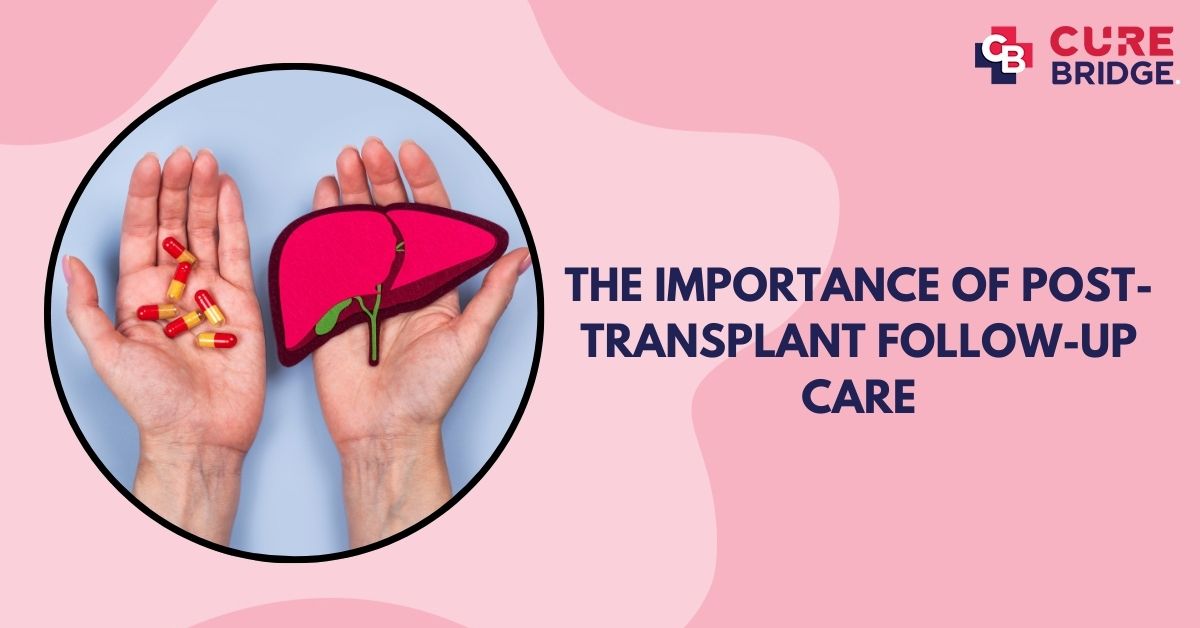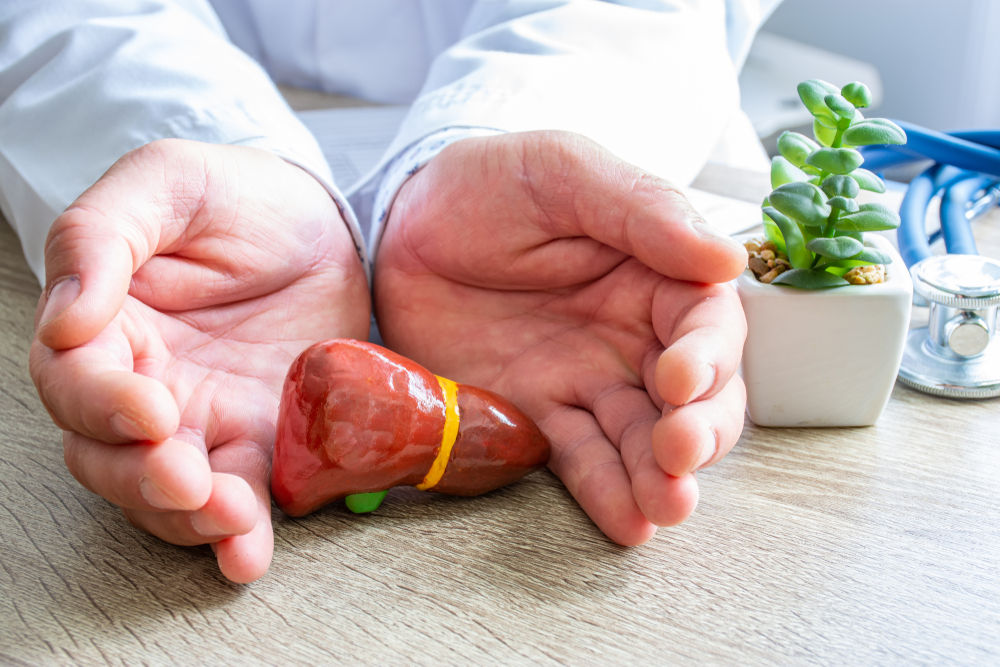
The Importance of Post-Transplant Follow-Up Care
Getting a second chance at life through a liver transplant is a journey of perseverance and hope. For individuals who have had this life-saving procedure, the success of the transplant does not end with the surgery. Post-transplant follow-up treatment should not be ignored at any cost to preserve health, avoid problems, and enjoy this new phase of life.
Why Liver Transplant Follow-Up Matters?
Liver transplant surgery is a complex procedure that offers a new lease on life for patients with severe liver disease. However, the surgery itself is just the beginning of the journey. Post-transplant follow-up care is essential to monitor progress, manage potential complications, and optimize long-term outcomes.

Early Post-Transplant Period
Immediately after a liver transplant, patients require intensive medical care to monitor for signs of organ rejection, infections, and surgical complications. Regular check-ups, blood tests, and imaging scans are conducted to ensure the new liver is functioning properly and the body is adjusting well to the transplant. Early detection of any issues allows for prompt intervention, increasing the chances of a successful outcome post-transplant.
Medication Management
One of the critical aspects of post-transplant care is managing immunosuppressive medications. These medications are prescribed to prevent the body from rejecting the transplanted liver. It’s essential to take these medications exactly as prescribed and attend follow-up appointments to monitor their effectiveness and adjust dosages if necessary. Skipping doses or altering medication schedules without medical guidance can increase the risk of rejection or other complications.
Lifestyle Adjustments
Post-transplant care includes guidance on making healthy lifestyle choices. This may involve dietary changes to support liver health, regular exercise to maintain overall fitness, and total avoidance of substances that can harm the liver, such as alcohol and certain medications. Engaging in regular physical activity and abstaining from substances that strain the liver is essential for promoting long-term well-being and maximizing the benefits of the transplant.

Long Term Monitoring
Long-term monitoring is equally important, while the immediate post-transplant period requires intensive care. Your transplant team schedules regular follow-up visits to assess liver function, screen for complications such as infections or cancer, and address any emerging medical issues. These visits are essential for detecting and managing potential complications early, promoting a successful and sustainable recovery after liver transplantation.
Preventing Rejection and Complications
Liver transplant recipients are at risk of organ rejection, infections, and other complications throughout their lives. Close monitoring allows healthcare providers to detect early signs of rejection or infection and intervene promptly to prevent serious health issues. Prompt intervention and taking prescribed medications on time are crucial in preventing complications such as organ rejection or infections in liver transplant recipients.
Psychological Support
The emotional and psychological impact of a liver transplant cannot be overlooked. Patients and their families may experience a range of emotions, including anxiety, fear, and gratitude. Post-transplant care often includes access to support groups, counselling services, and resources to help patients cope with the emotional challenges of transplantation. This may seem unimportant, but it is essential for overall well-being.
The Role of Caregivers and Support Systems
Caregivers play an essential role in the post-transplant journey, providing patients with physical, emotional, and logistical support. They may assist with medication management, transportation to medical appointments, and daily activities during recovery. Support systems, including family, friends, and healthcare providers, collaborate to ensure patients receive comprehensive care.
To Sum Up
Post-transplant follow-up care is essential for maximizing the success of a liver transplant and ensuring long-term health and well-being. By actively participating in follow-up appointments, adhering to medication, making healthy lifestyle choices, and seeking emotional support, patients can enhance their quality of life and enjoy the benefits of a new liver.
People Also Read: Common Myths About Hip Arthroplasty Debunked
